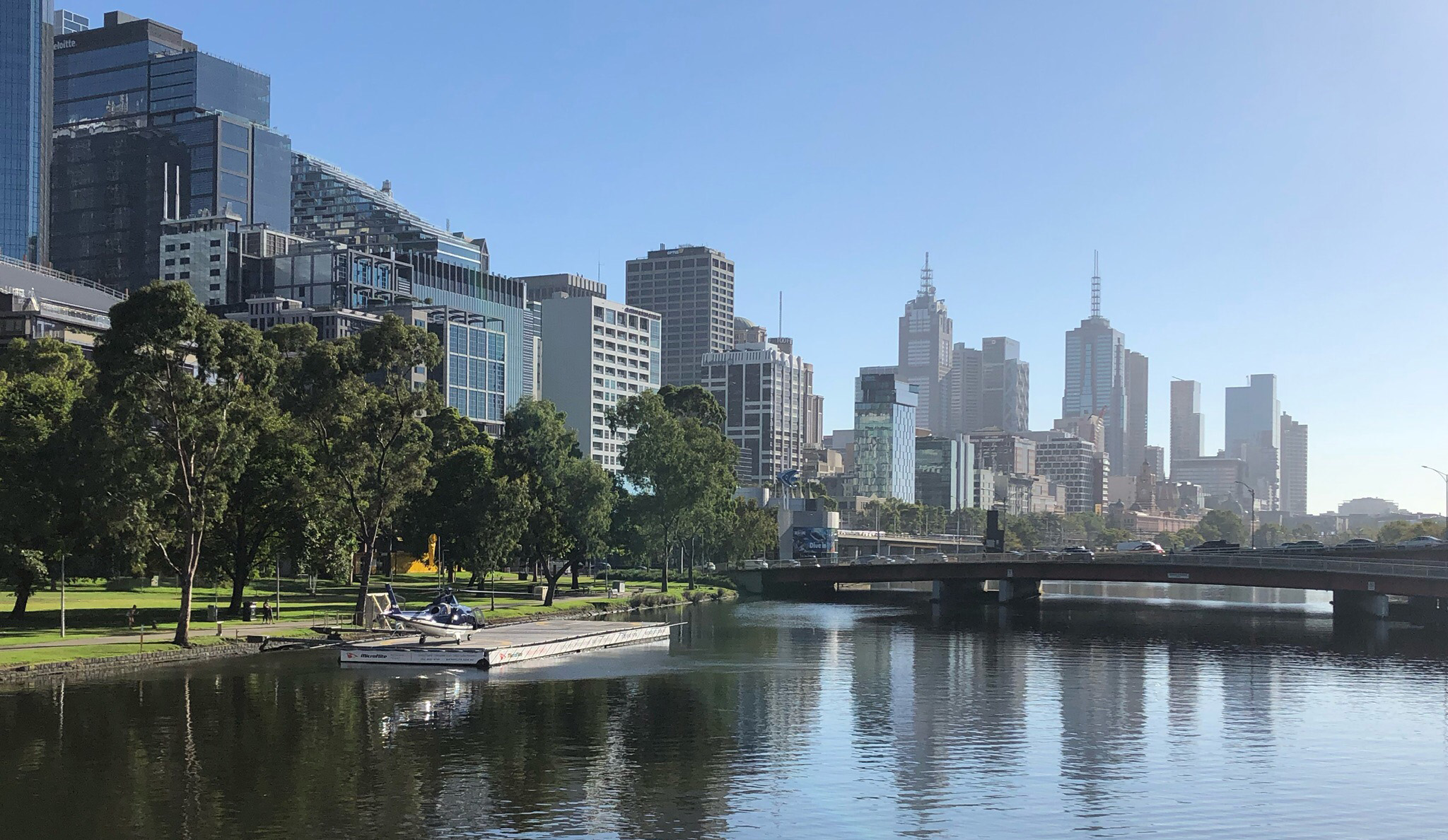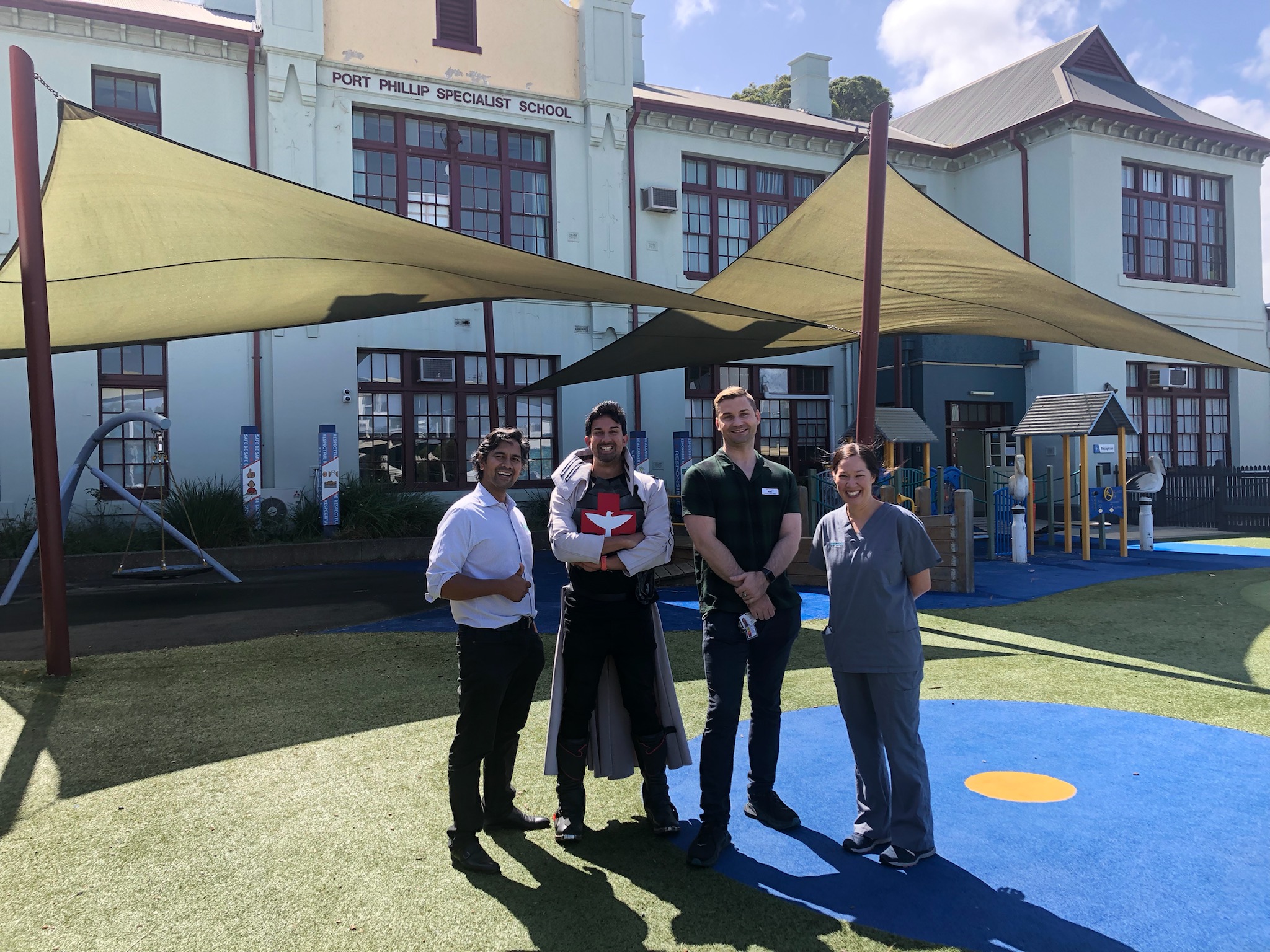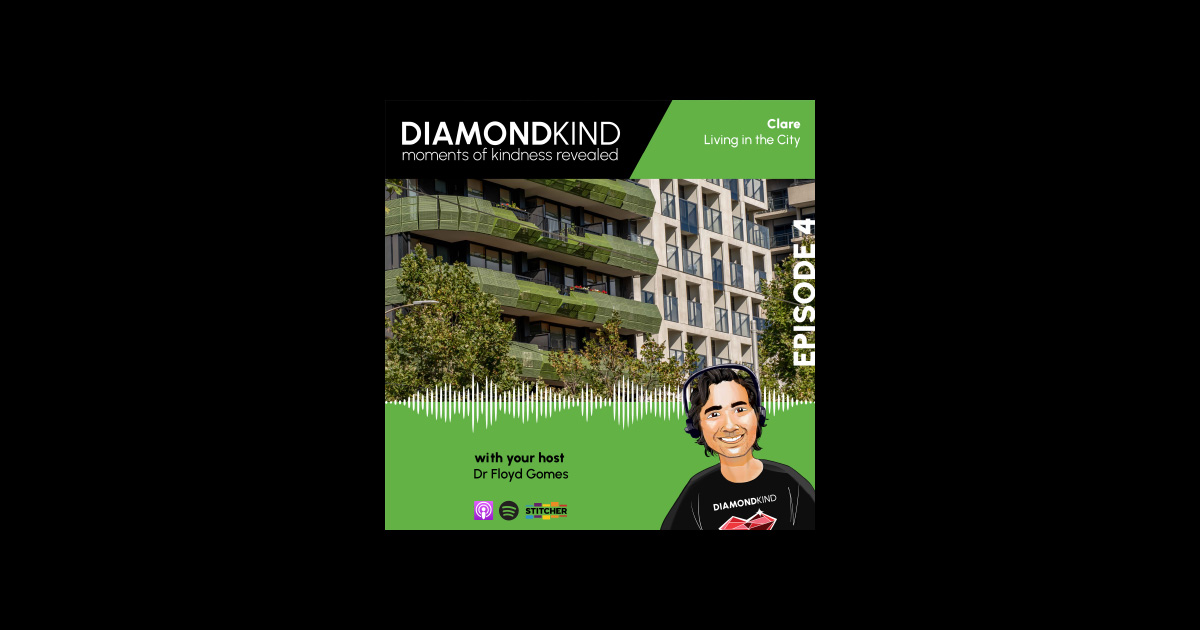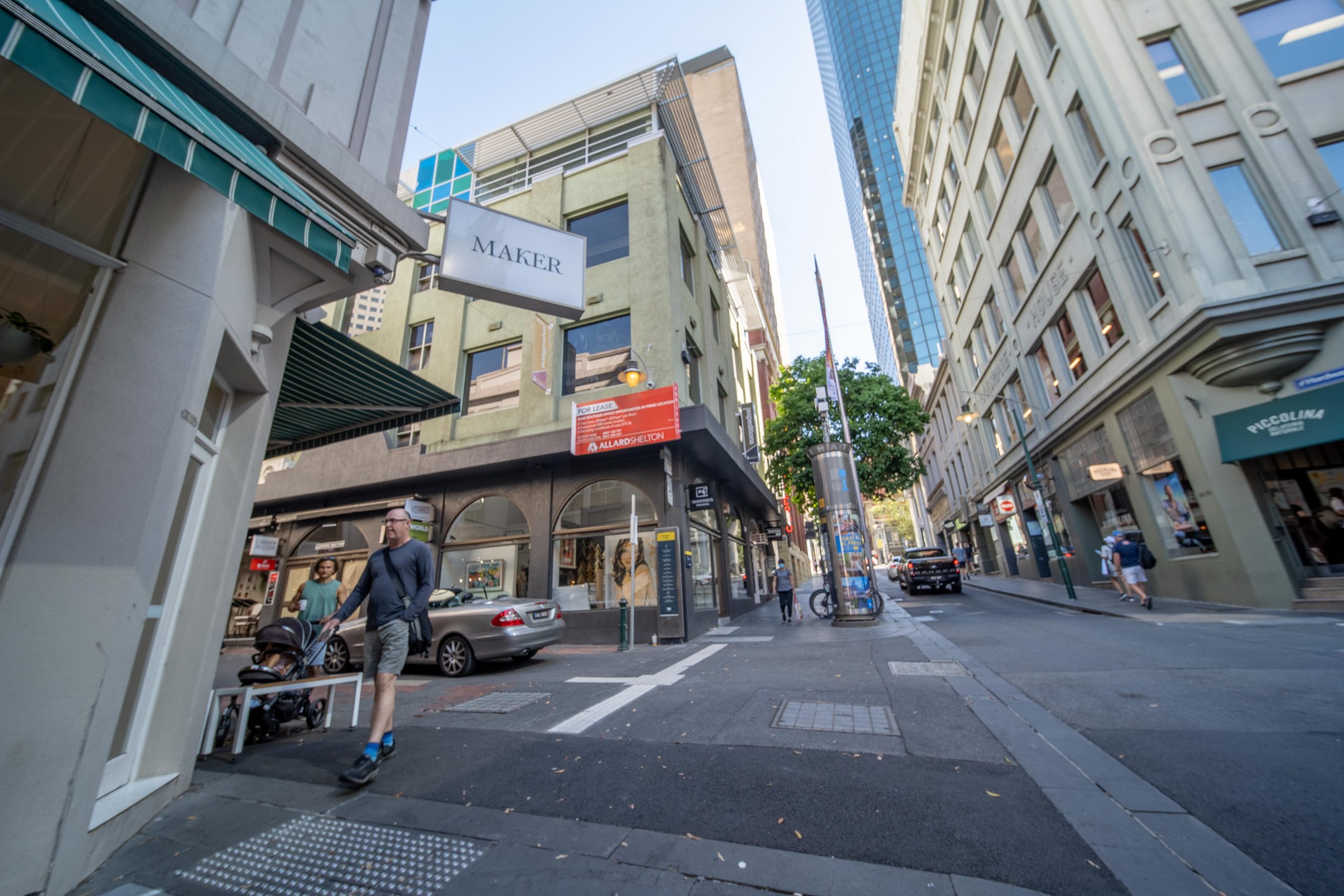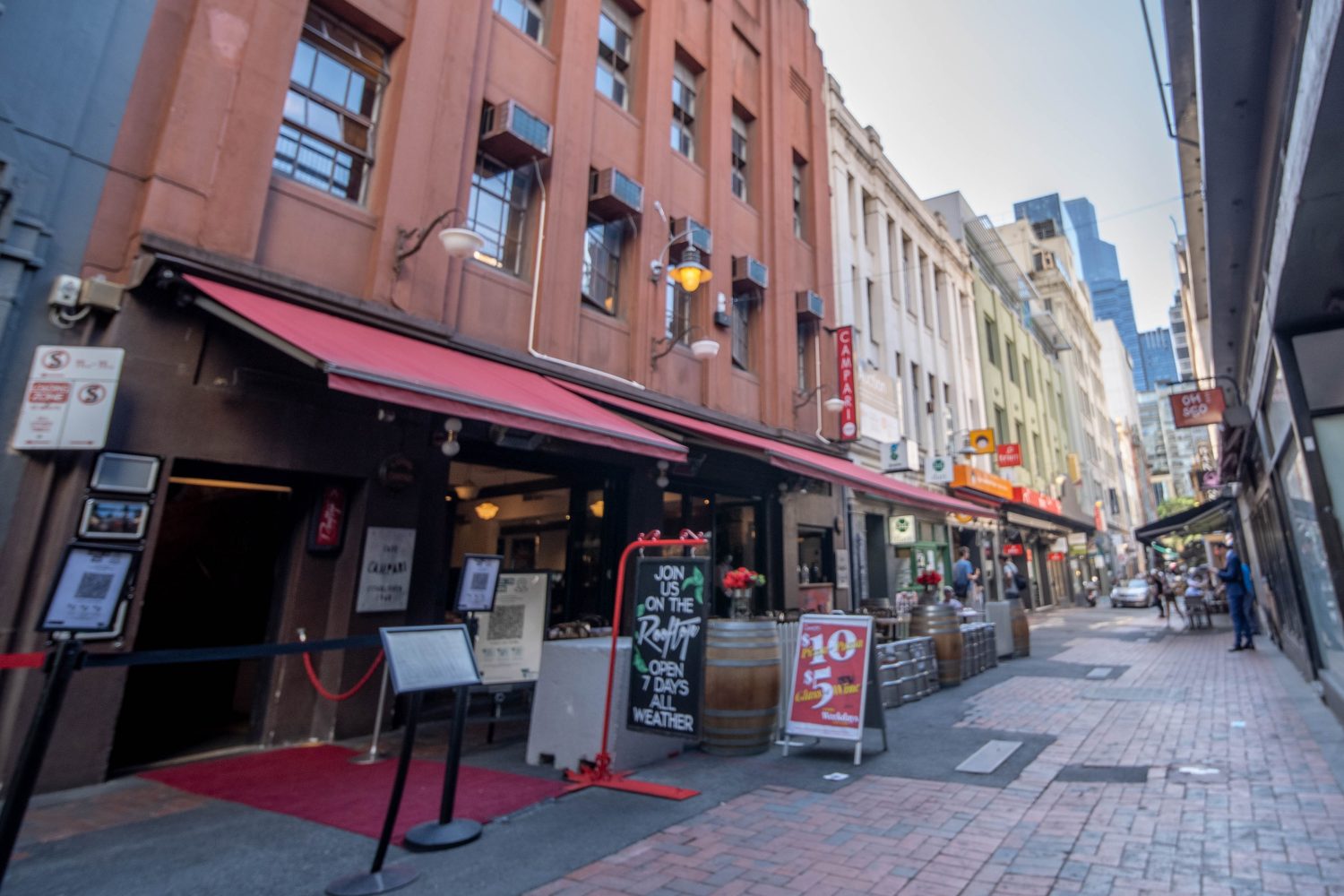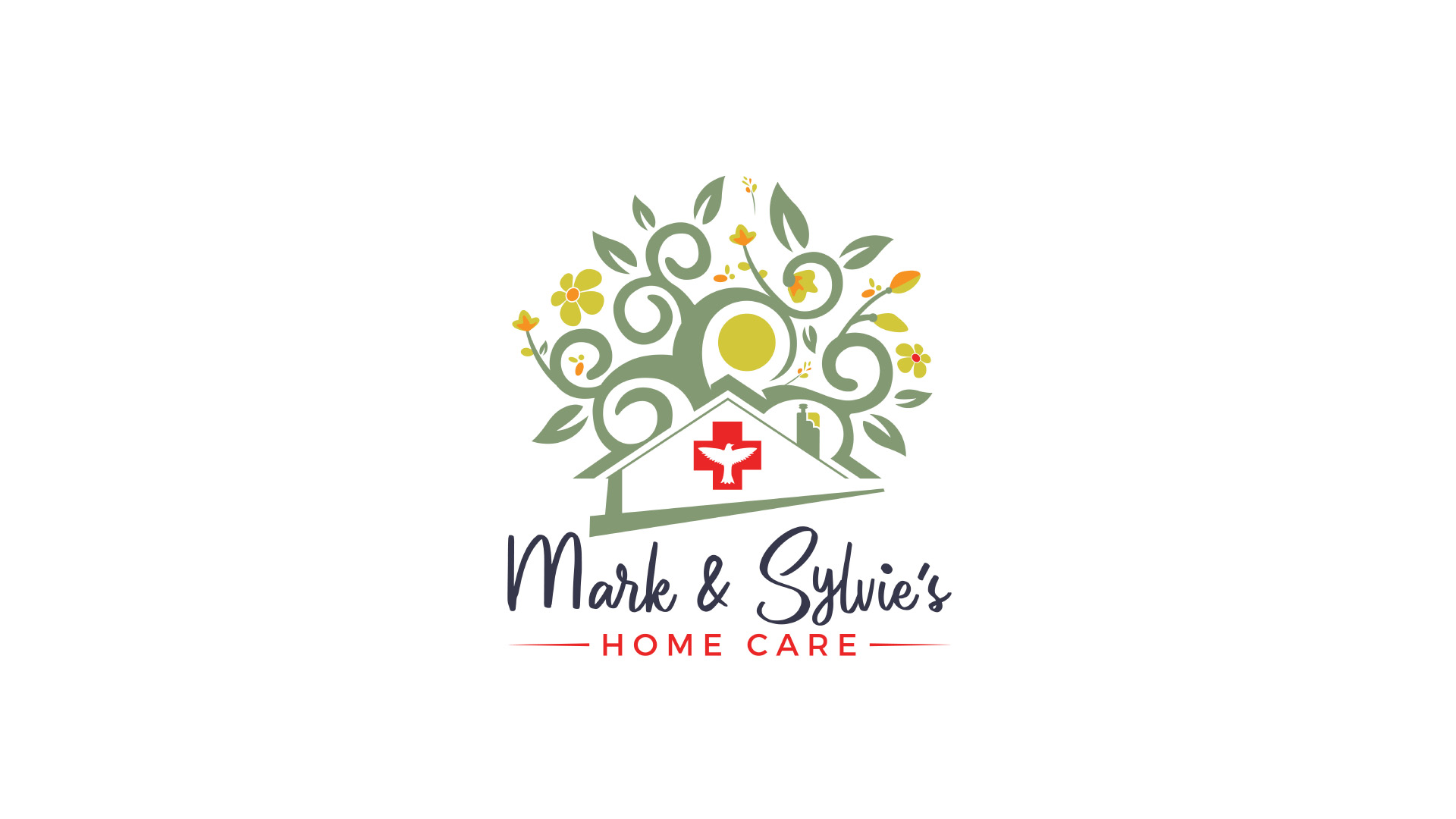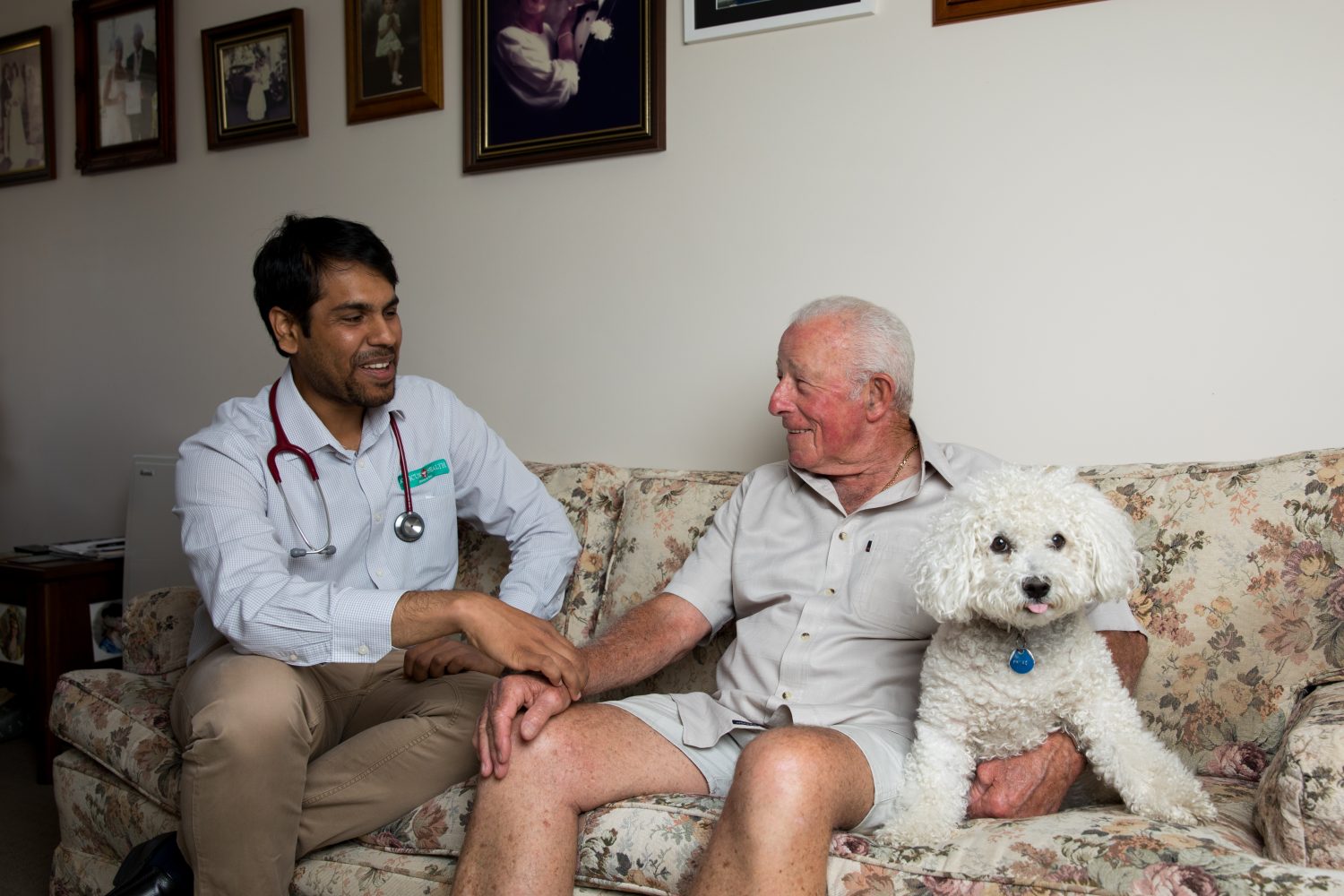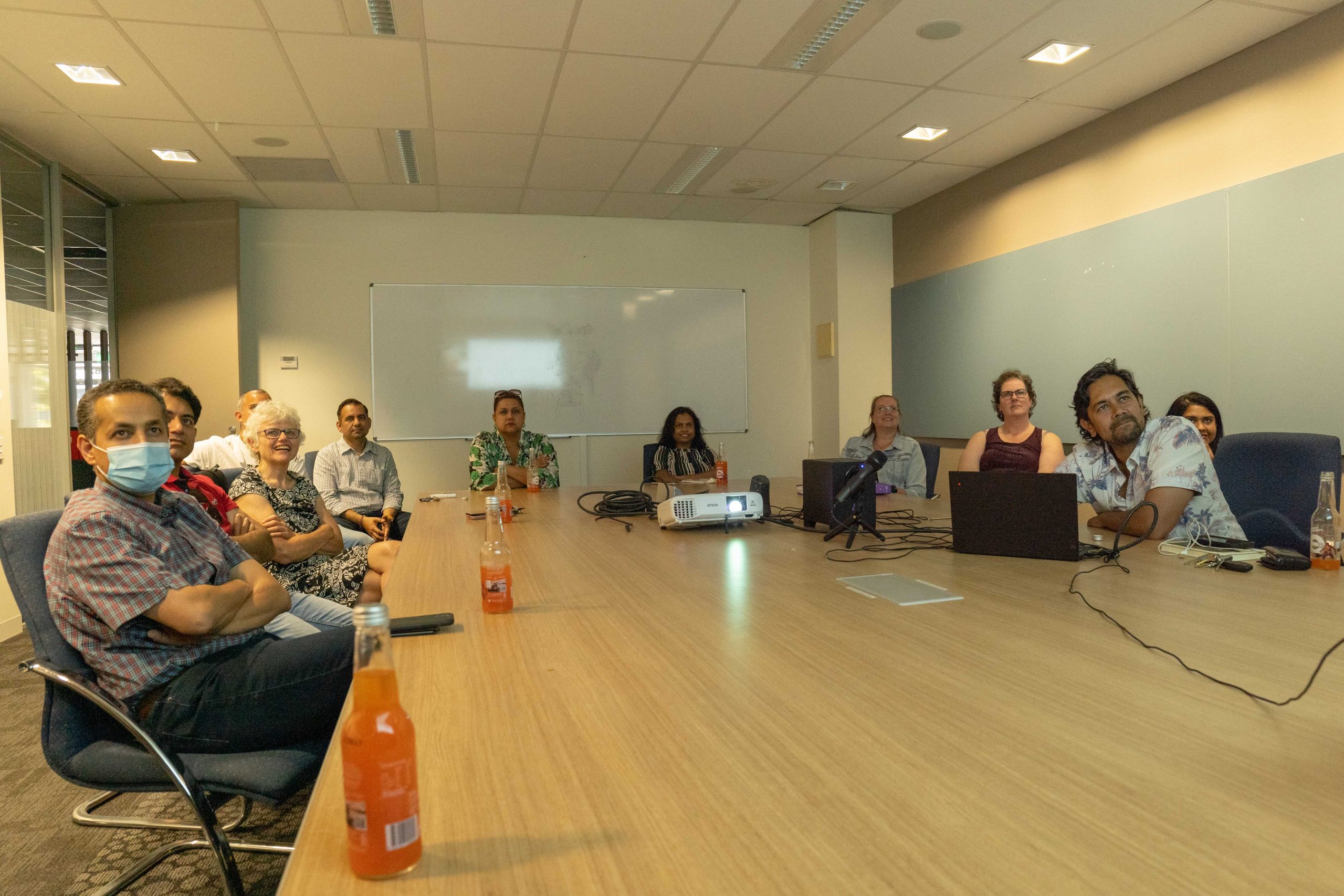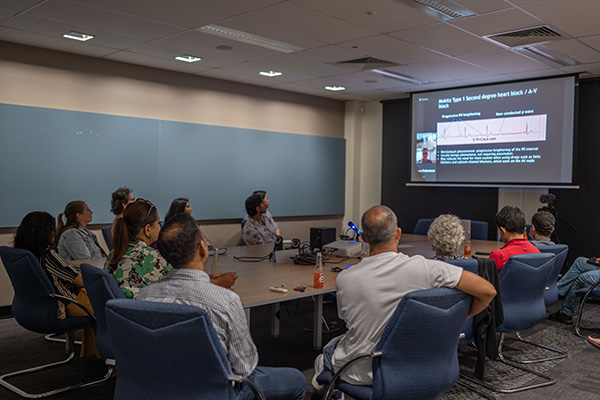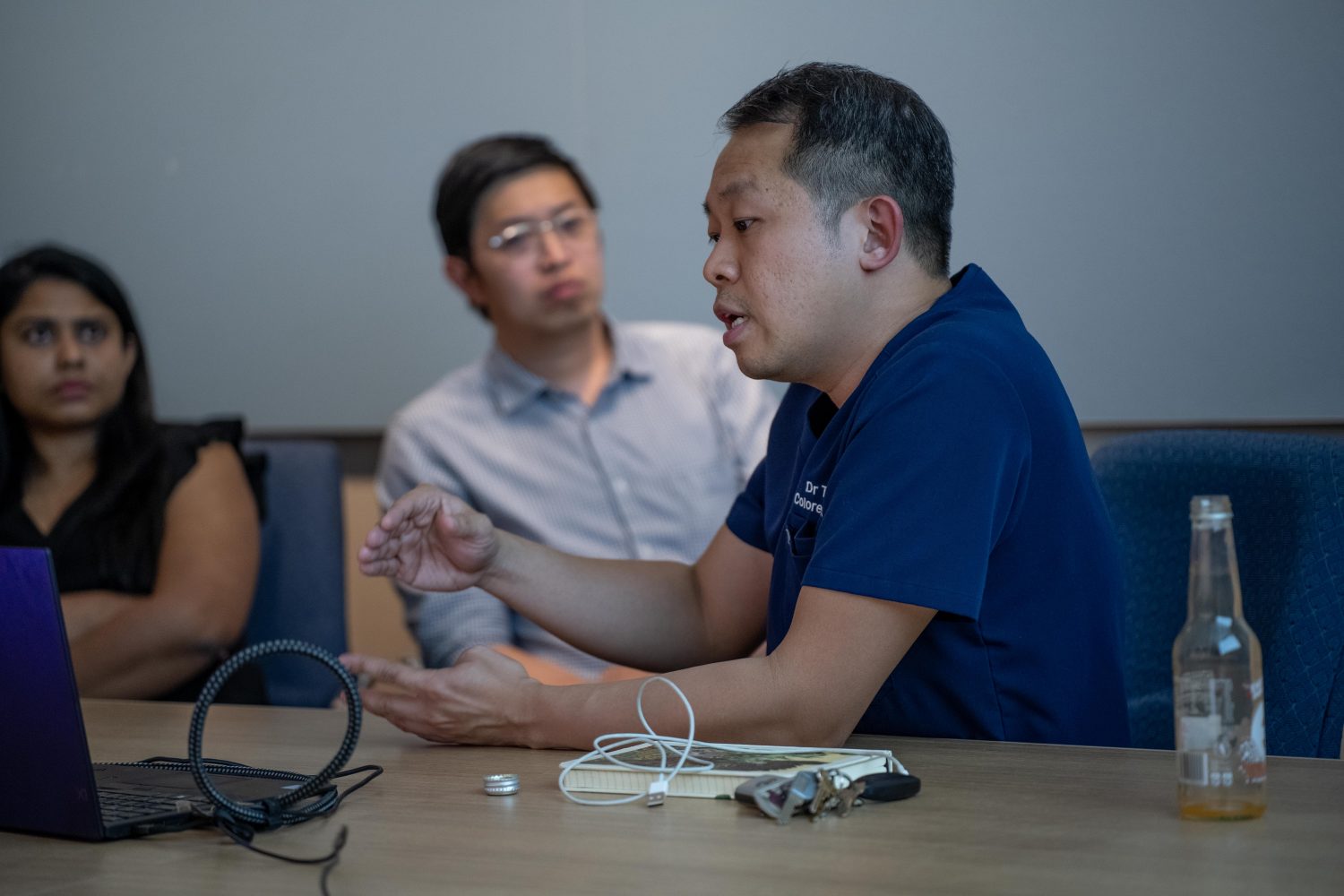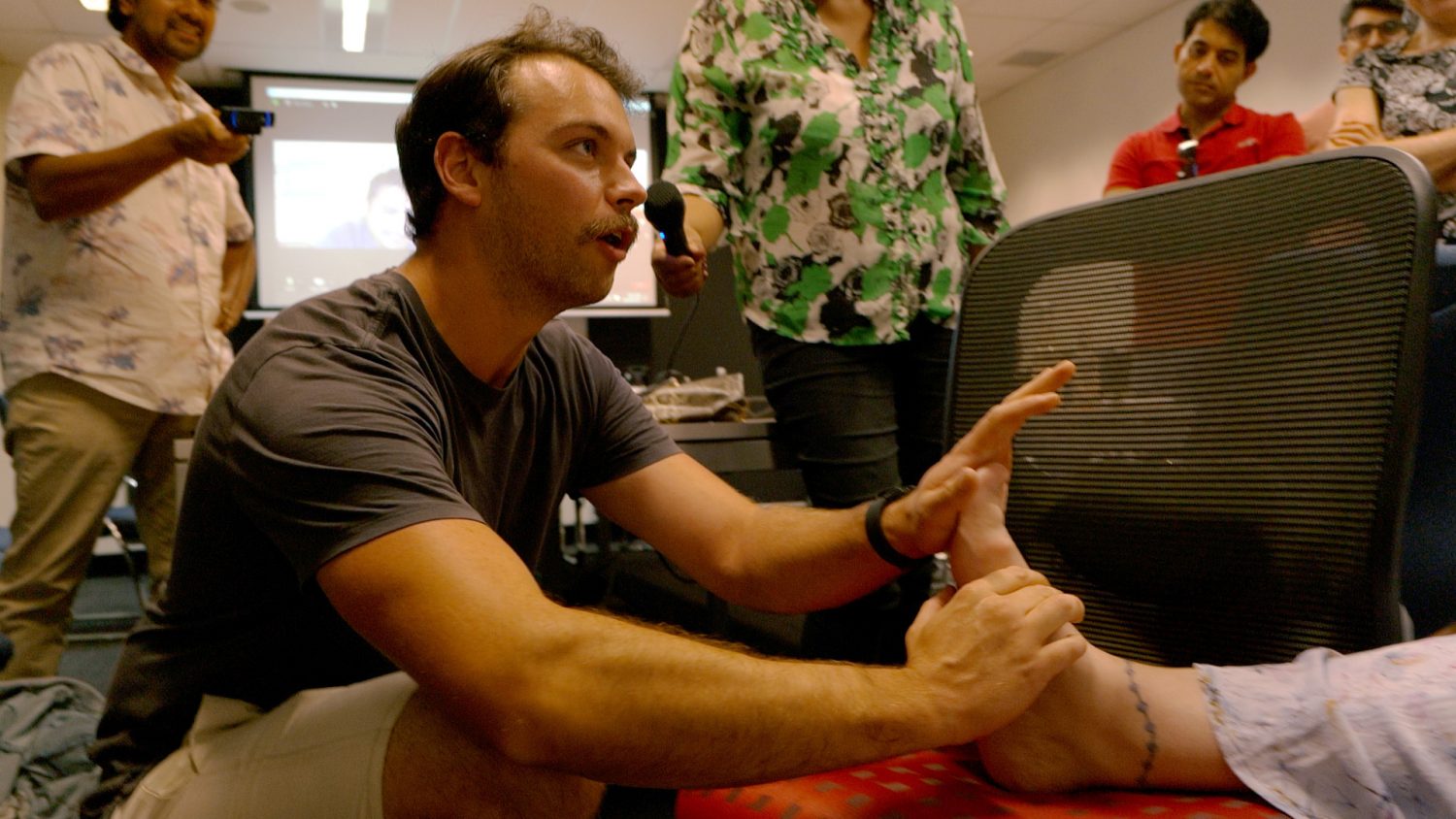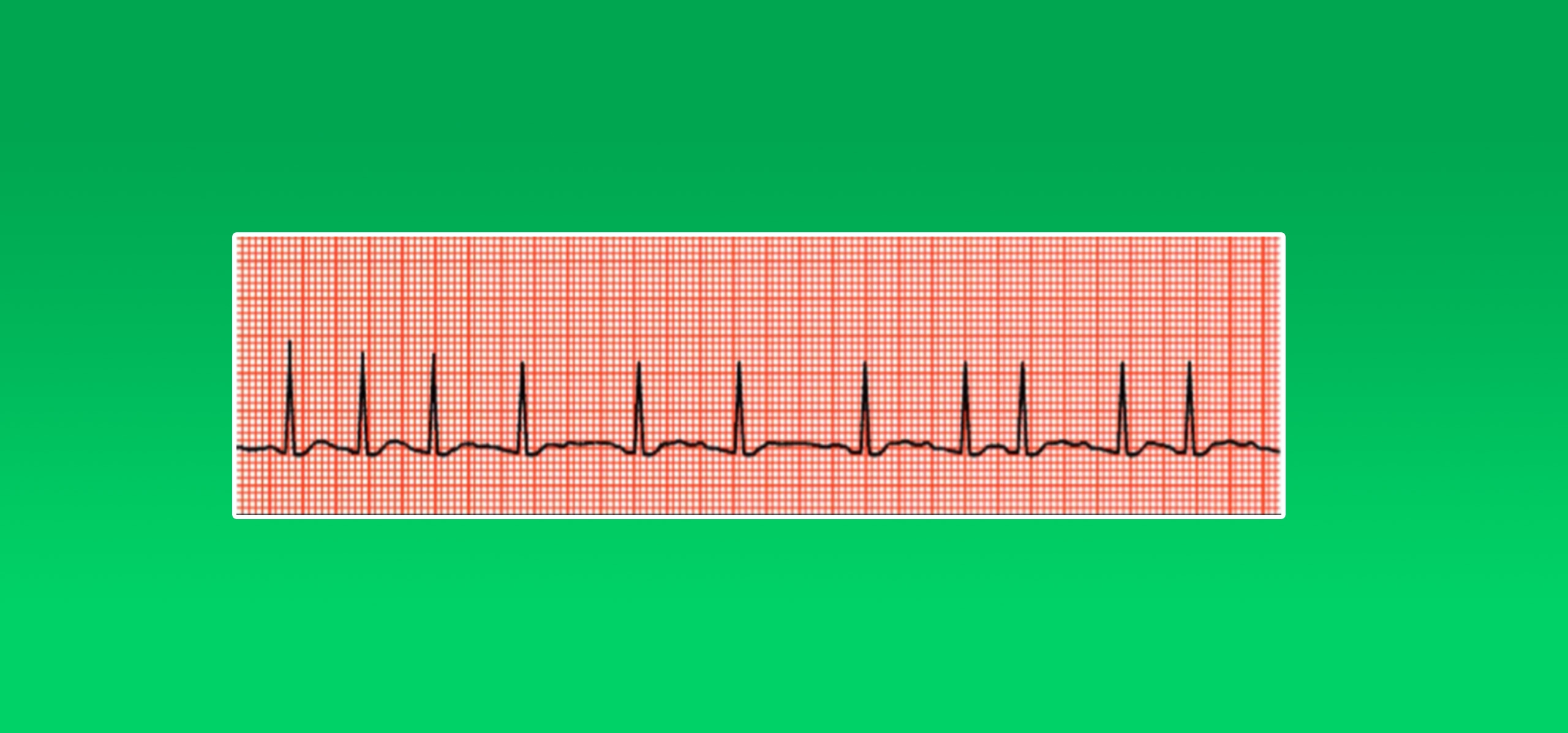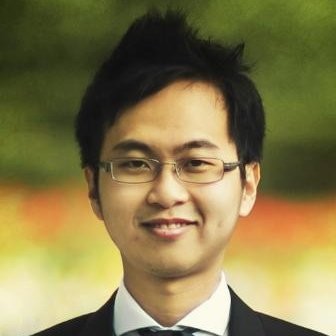Christmas Eve 2021 was the first time I rode my bike to the city, and apart from a couple of blips here and there, I’ve managed to be consistent in doing that two to three days a week ever since. Whilst riding, I usually listen to an audiobook. In lieu of having the time to do much private reading during the week otherwise, it’s at least something.
On one such ride, heading to the city I listened to “The Magic of Thinking Big” by David Schwartz”. It’s a book I have listened to before and was written quite a long time ago. It centres on giving practical suggestions to stay upbeat and more importantly – keeping your sights on the “big picture”. Along the way it gives you ideas about how to do this, including – keep smiling, dress sharp, and if someone asks you “How are you?”, you answer “Terrific,” etc. You get the picture. Basically, it comes at self-development from the perspective that how you act and behave, will determine what happens next. To quote a cliché (directly from the book in fact!), “Attitude determines your altitude”.
Whilst I like the concept, I started to get a bit bored and struggle with the book. In part because I’ve never found much motivation to comb my hair or care deeply about my wardrobe. I admire people who do though and enjoy, even comment on a sharp dress sense in the affirmative. But for myself, I don’t seem to have been built that way – nature. I struggle with my wardrobe, often looking for garments I’ve worn since being a teenager (holes and tears are trendy these days anyway) and being reprimanded by my kids for looking homeless when I turn up for their school-related activities. David Schwartz – it’s tough.
So, after work on that same day, after switching into my riding gear, I turned to my phone and looked through my audiobook library once again. I scrolled and in searching for something more reliable I tapped on “The 7 Habits of Highly Effective People” by Stephen Covey. I’d read and listened to this book numerous times before, I think approaching ten now. “Get back to basics,” I thought, no more making me feel bad about those faded T-shirts.
And “get back to basics” I did. As I listened to the material I’d already heard, I found deeper meaning and relevance in the words. However, my main take-home messages are:
- If you want to change things, look deep within yourself first
- Private ought to precede public victory
- You’ll become more effective in your own life through a very truthful and basic assessment of your own motivations and character
- There are immutable principles that if understood and incorporated into our daily decision making, will guide us to real fulfilment and success and that getting there is a journey with no shortcuts.
I’ve always enjoyed this book for its depth.
After two bike rides, there I had it – at one end, that altering behaviour can drive change and at the other, that analysing and understanding our own thinking must drive change. And then it hit me that this shared many parallels with cognitive behavioural therapy. That how we feel is the sum (hopefully synergy) of what we think and do, our behaviours. That thinking alone isn’t enough since we need to translate those thoughts into action and behaviours and, at some level, vice versa. For me, I certainly understand the smiling bit (you got me there David). Whenever I’m riding, I try my best to smile at people passing by. Sometimes people reciprocate, and when they do, it feels nice. That’s it. Simple, but so effective and impactful. And none of it feels forced whatsoever. I must say also that the sheer fact and behaviour of riding my bike to work has literally changed my life. I feel so different – buzzing. And now if don’t ride for a stint, I feel like something’s distinctly wrong. “Normal” – has been reset.
So there you have it, you can push yourself to get somewhere, by adopting the right behaviours. It should get you somewhere. In essence, perhaps you can fake it until you make it – but for how long? I reckon like a house of cards, an accidental or deliberate focus on behaviours alone can make it all come crumbling down eventually if you haven’t taken that painstaking journey of considering what the heck you are really about? To be open minded enough to accept that how you see the world is just that, your interpretation, your lens, rather than the fact, and be brave enough to reflect how that came to be, what it means and how it influences you. Yes deep, but necessary. Stephen Covey – I’m still leaning your way.
Dr Floyd Gomes
